Born in 1810, Ferdinand Barbedienne started at 30 Boulevard Poissonnière in Paris, one of the most famous 19th century artistic bronze casting companies. In addition to his production, he worked for well-known artists such as Auguste Clésinger, Albert-Ernest Carrier-Belleuse and Louis Barrias. At the 1851 World's Fair in London, Barbedienne's firm won two Council medals. At the 1855 World's Fair, he won a medal of honor and eleven employee medals for the work of his collaborators, such as his model designer Louis-Constant Sévin (1821-1888) and his hunter Désiré Attarge (1820-1878). Attarge won the Crozatier Prize in 1862 and 1864, which was awarded the best fighter in France, and was again awarded a silver medal at the 1867 World's Fair. In 1860, Barbedienne supplied bronze ornaments for the furniture of Prince Napoleon's Pompeian Villa, located Avenue Montaigne in Paris. Barbedienne's production has always been highly regarded, and he himself was admired by contemporary art critics who, at the 1878 World's Fair, compared him to a prince of industry and the king of bronze casting.


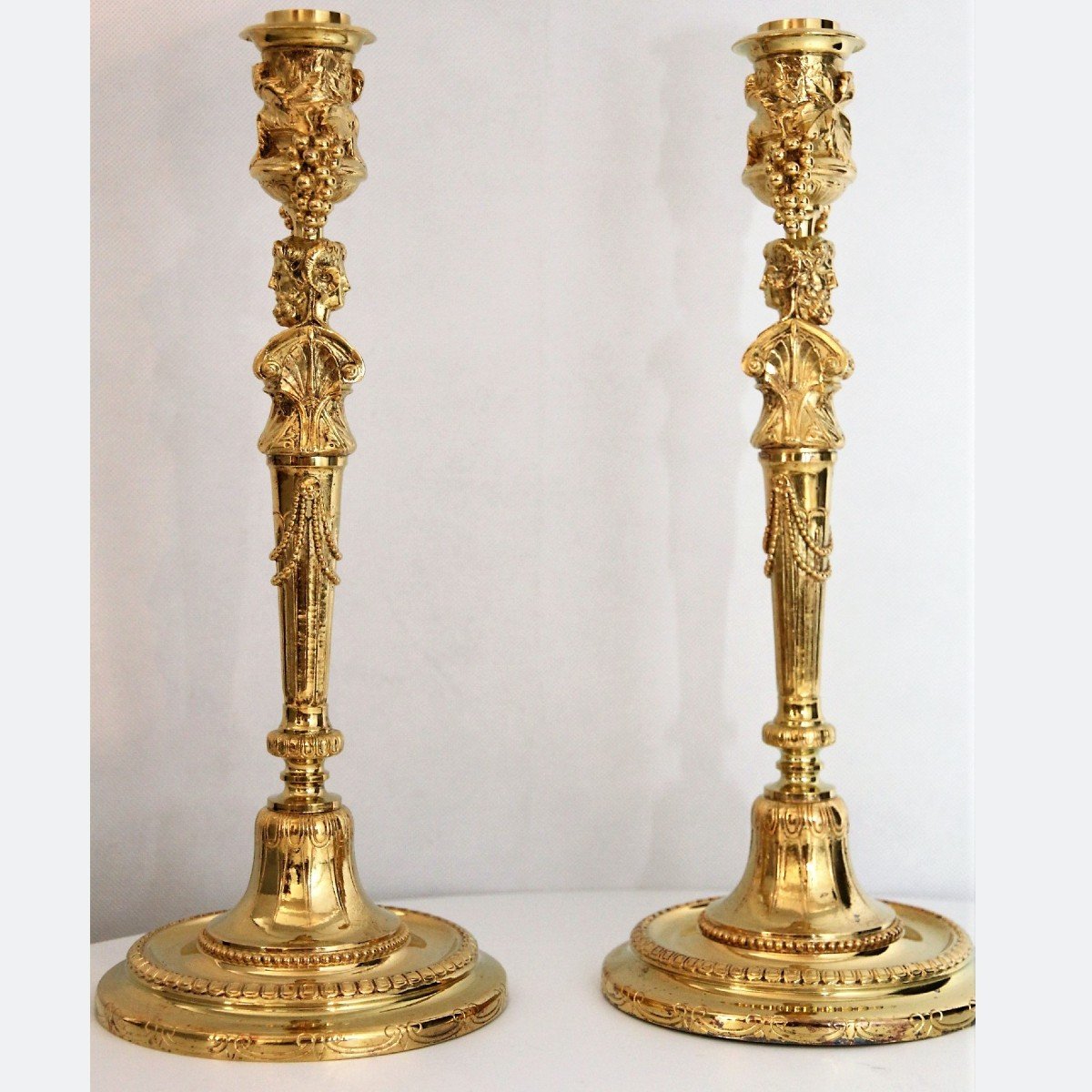
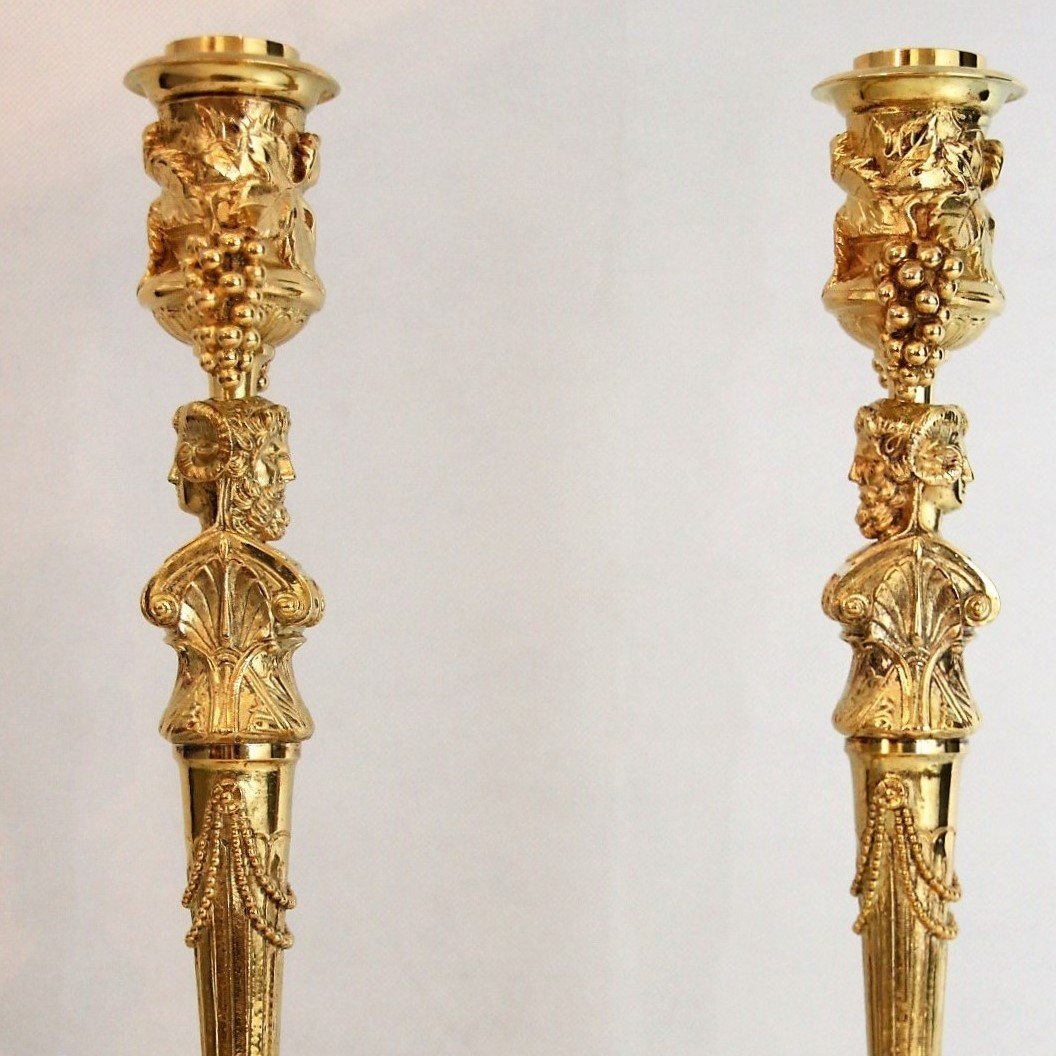

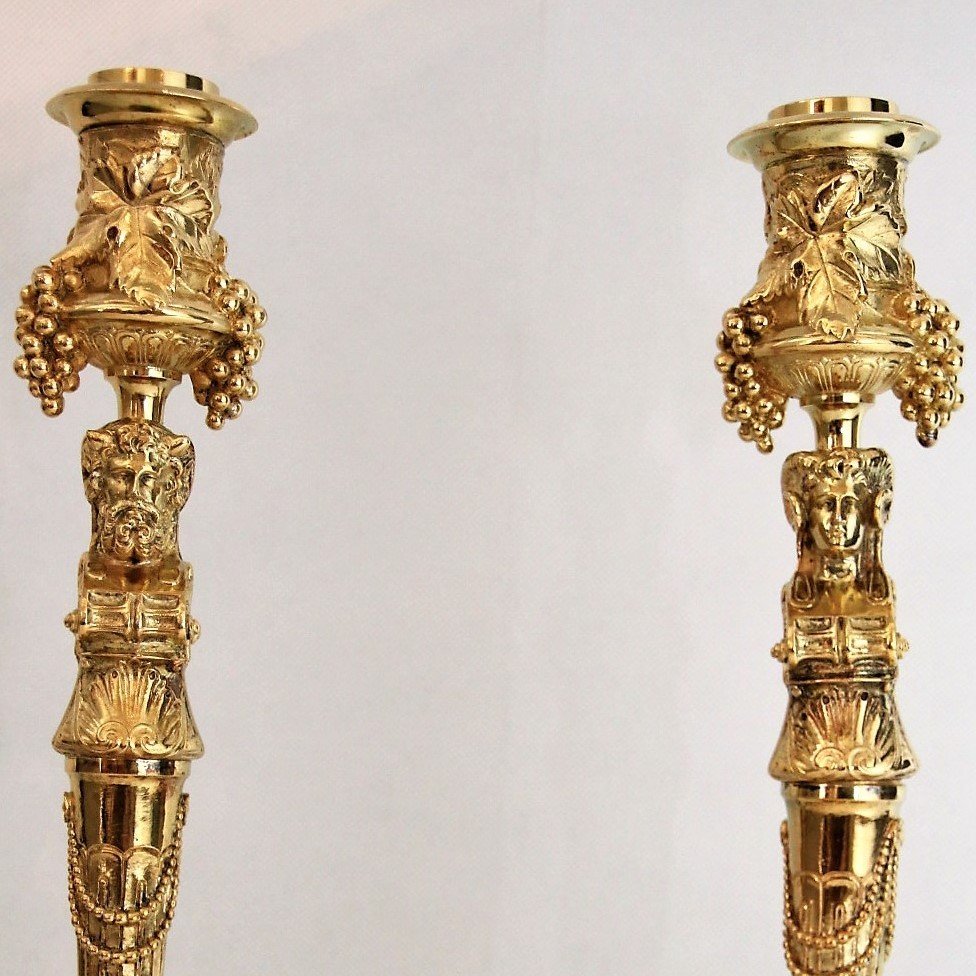
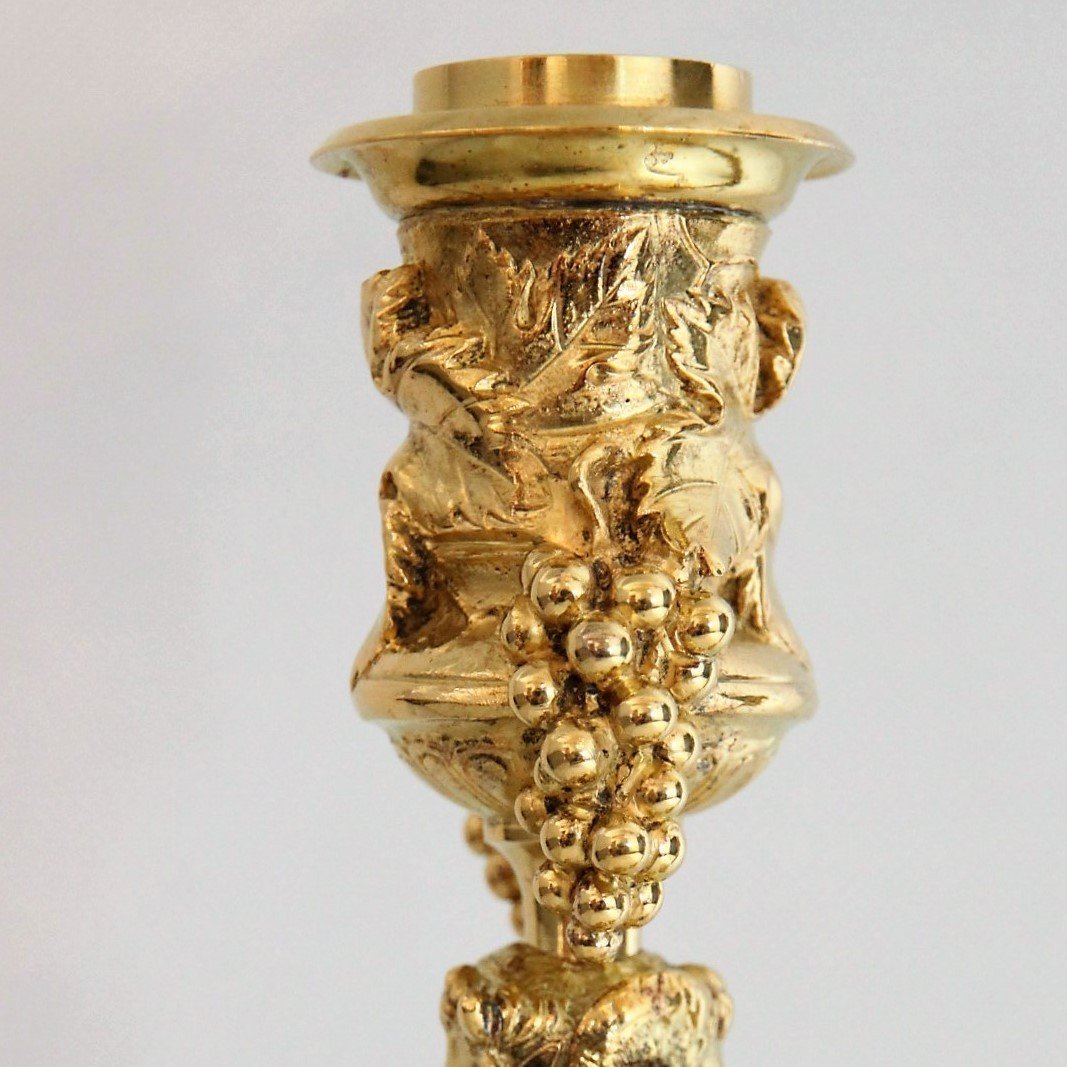
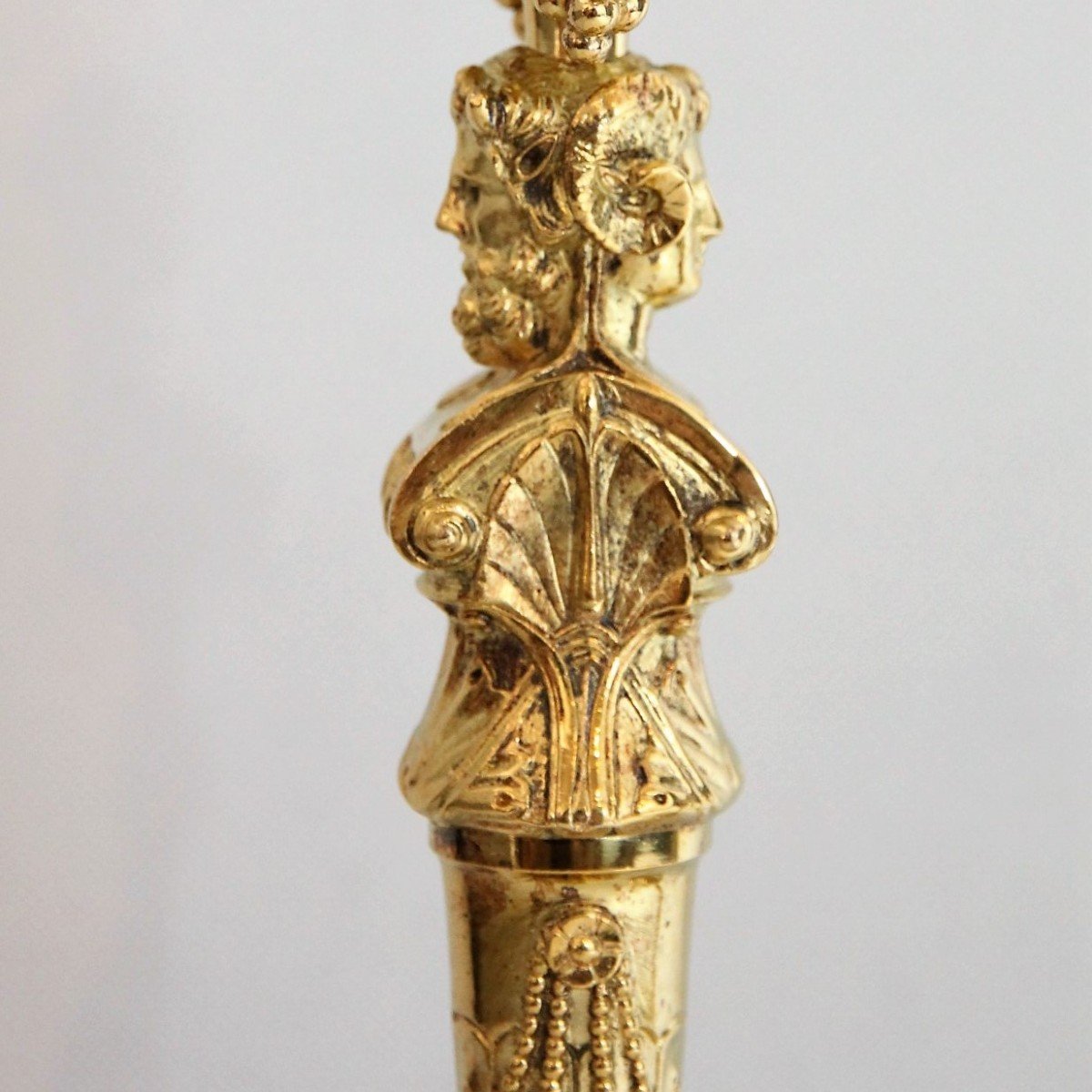
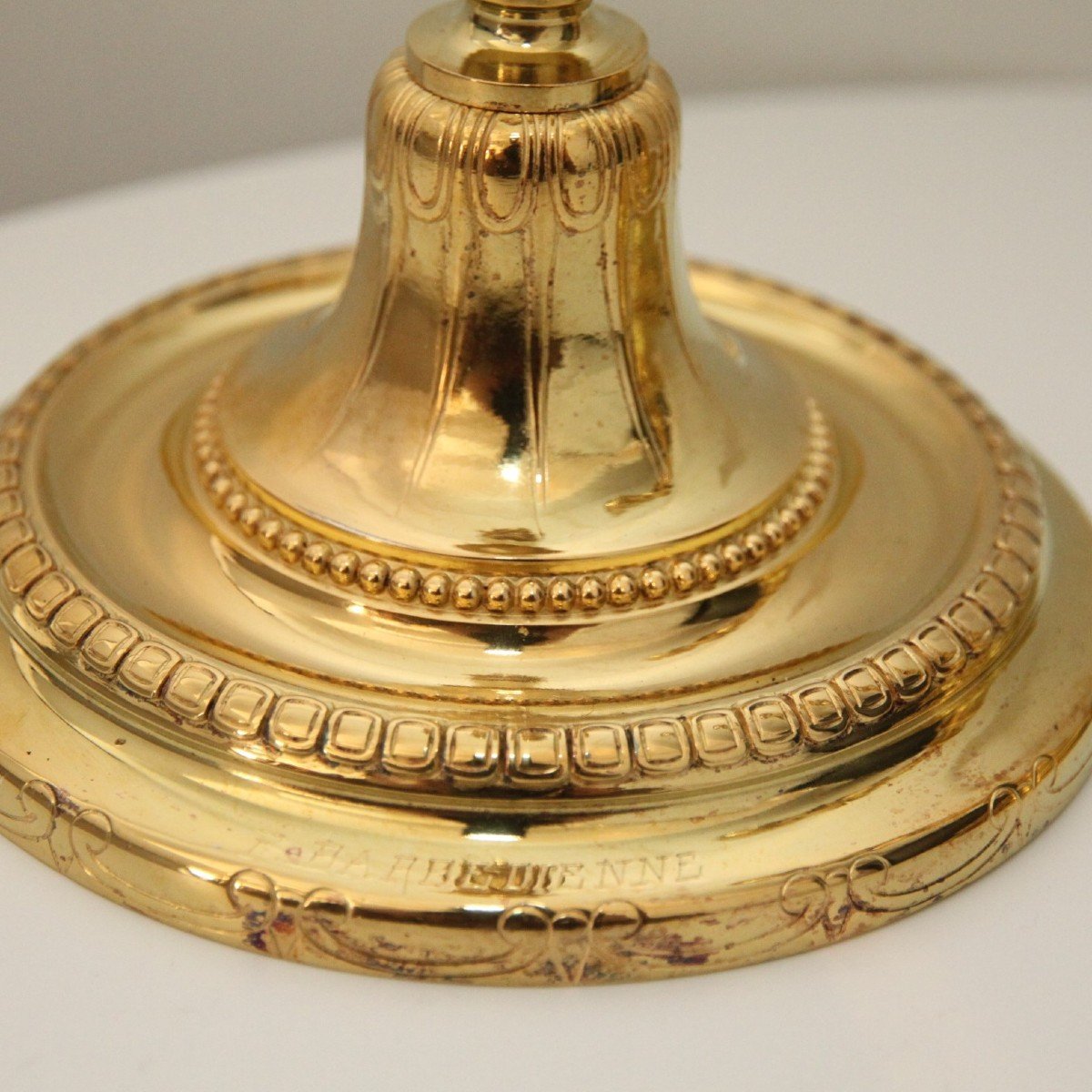










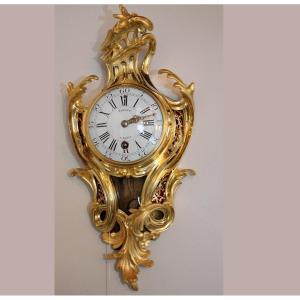

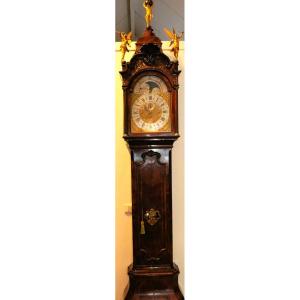


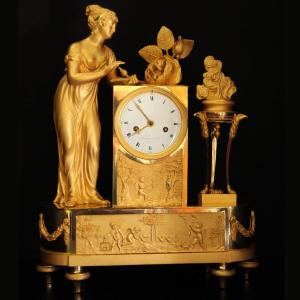



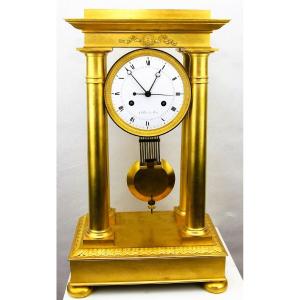
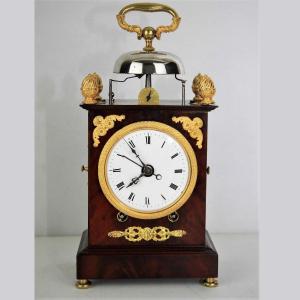
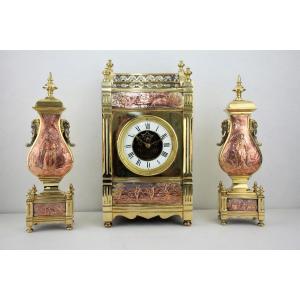
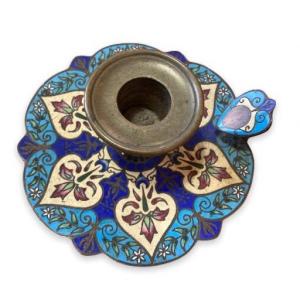
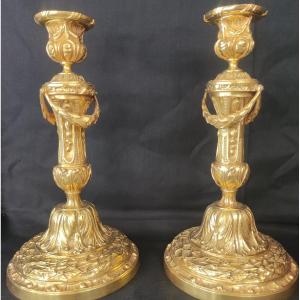

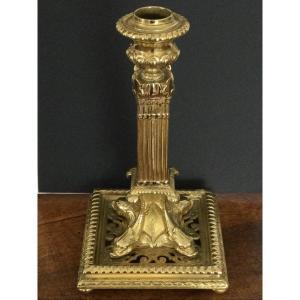
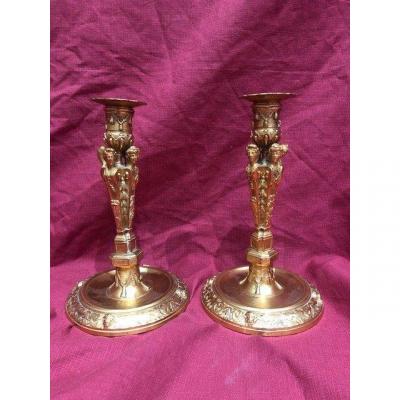



 Le Magazine de PROANTIC
Le Magazine de PROANTIC TRÉSORS Magazine
TRÉSORS Magazine Rivista Artiquariato
Rivista Artiquariato